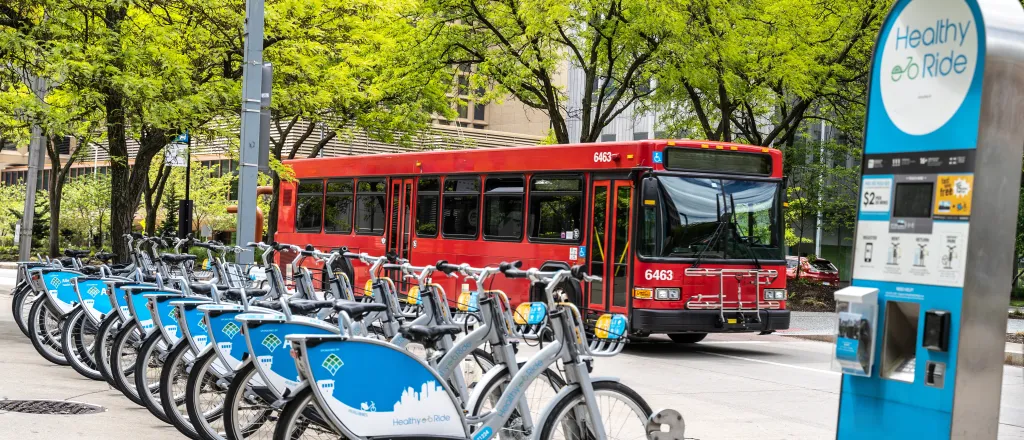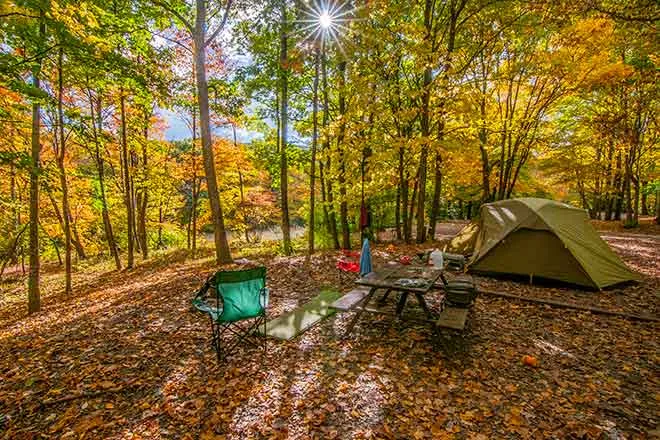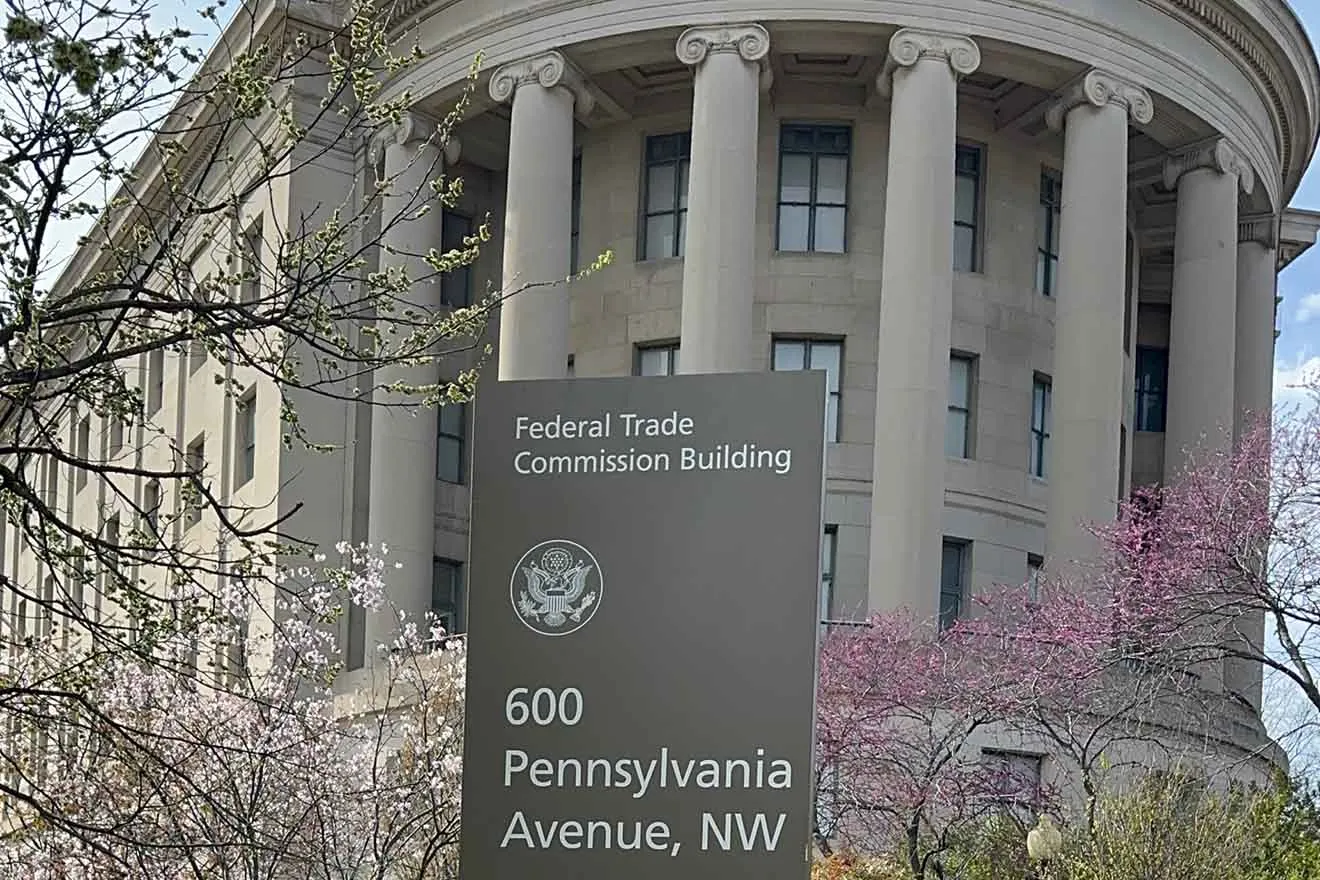
Cities rewarded for denser housing near transit in Colorado Democrats’ reworked proposal
(Colorado Newsline) Colorado Democrats introduced a bill Tuesday that would incentivize denser housing development near transit, another piece in the medley of policy proposals this legislative session aimed to address the state’s affordable housing shortage.
House Bill 24-1313 would reward cities that meet housing goals near bus routes and rail service with infrastructure funding and affordable housing tax credits — and penalize the ones that do not.
It is a departure from last year’s failed Senate Bill 23-213, which would have mandated zoning for denser housing, but it still aligns with a vision shared by state leaders of communities where people live closer to the places they frequent and rely less on cars.

“(The bill), in my mind, is a great way of taking the essence of 213 and making sure we can still keep that alive,” bill sponsor Rep. Iman Jodeh, an Aurora Democrat, told reporters Tuesday. “It makes sure cities and counties are building houses near transit and jobs to bring down the cost of living.”
Jodeh is running the bill in the House with Rep. Steven Woodrow, a Denver Democrat. It is also sponsored by Sen. Chris Hansen, a Denver Democrat, and Sen. Faith Winter, a Westminster Democrat.
The bill would apply to approximately 30 local governments, mostly along the Front Range and near Grand Junction. It wouldn’t apply to mountain resort towns, rural communities, communities with fewer than 4,000 residents or places with minimal transit.
Those cities would adopt so-called Housing Opportunity Goals and work to meet their objective to qualify for new state funding. Each city’s goal would be determined by considering the available acreage near transit — specifically within a quarter mile of bus routes and a half mile of rail lines — and multiplying that by 40, to create a high average density.
That density of 40 units per acre commonly looks like mixed-use buildings that feature retail space below four or five stories of apartment units. It is possible that some cities already have that goal met.

“This bill perfectly aligns with the significant investments Coloradan taxpayers have already made in our transit infrastructure in recent decades — an investment we risk letting go to waste by not strategically aligning land use and transit,” Ryan Keeney, president of YIMBY Denver, said in a statement. YIMBY stands for “Yes in My Backyard,” and the group advocates for a wide array of policies to increase housing stock.
But cities would have flexibility to decide the size, density and location of areas to focus on to meet their opportunity goal. They would choose from a menu of options to enable dense development, such as increasing the allowable height of multi-family buildings, allowing multiplexes or townhomes in single-family areas or allowing multi-family residences in light industrial zones or commercial-only zones.
(The bill) makes sure cities and counties are building houses near transit and jobs to bring down the cost of living.
– State Rep. Iman Jodeh
The bill includes affordability and displacement-prevention requirements.
Municipalities that meet their goal as outlined in the bill would be eligible for funding from a new $35 million state infrastructure fund and $30 million in affordable housing tax credits.
Conversely, cities that fail to meet their housing goal by December 2026 could be locked out of money from the Highway User Tax Fund, a primary source of state and local transportation funding maintained by fuel taxes, car registration fees and driver’s license fees.
Cities could be granted a one-year extension to catch up to their goal and then retroactively receive the HUTF money they missed out on.
“It’s not so much punitive as it is a way to say, ‘We’re giving you a really long runway to meet these housing goals. And if you don’t, sure there’s less access, but we’ll help you get there,’” Jodeh said.
Multiple affordability bills
That provision could draw ire from the affected local governments, who were staunchly opposed to last year’s land use bill based on local control concerns. A recurring argument from the SB-213 fight was that individual governments are already working to meet their individual needs and don’t need a prescriptive statewide solution.
“Colorado municipalities have not been waiting for the legislature to mandate density. Where safe and reliable transit exists, cities and towns have had success in attracting developers to build to higher densities. We urge the state focus on strengthening and expanding reliable public transit to partner with local governments rather than treating mayors and councils as the enemy and threatening punitive measures like withholding funds for road safety and maintenance,” Kevin Bommer, the executive director of the Colorado Municipal League, said in an emailed statement.
Jodeh said that conversations with stakeholders will continue.
“I want to make sure that we are sending a bill over to the Senate that is pretty much complete and is proof of the extensive stakeholdering that we’ve done … while also understanding in this process that not everyone is going to come into agreement,” she said.
A January poll found that 68% of Colorado voters support a policy to require local governments to allow denser housing development near transit, though that poll was conducted before details of HB-1313 were public.
The bill joins others to tackle the state’s housing shortage and affordability issues in various ways. A bill backed by Democratic Gov. Jared Polis and Democratic leadership in the Legislature angles to make it easier for homeowners to build accessory dwelling units. Rep. Andrew Boesenecker, a Fort Collins Democrat, is running a bill to give local governments the right of first refusal to purchase affordable housing buildings when they hit the market, a second stab at a policy Polis vetoed last year. Another bill would open a small tax credit for developers looking to convert commercial buildings into residential space.
Democrats enjoy wide majorities in the Legislature. The 2024 session runs until early May.
Colorado Newsline is part of States Newsroom, a nonprofit news network supported by grants and a coalition of donors as a 501c(3) public charity. Colorado Newsline maintains editorial independence. Contact Editor Quentin Young for questions: info@coloradonewsline.com. Follow Colorado Newsline on Facebook and Twitter.

















